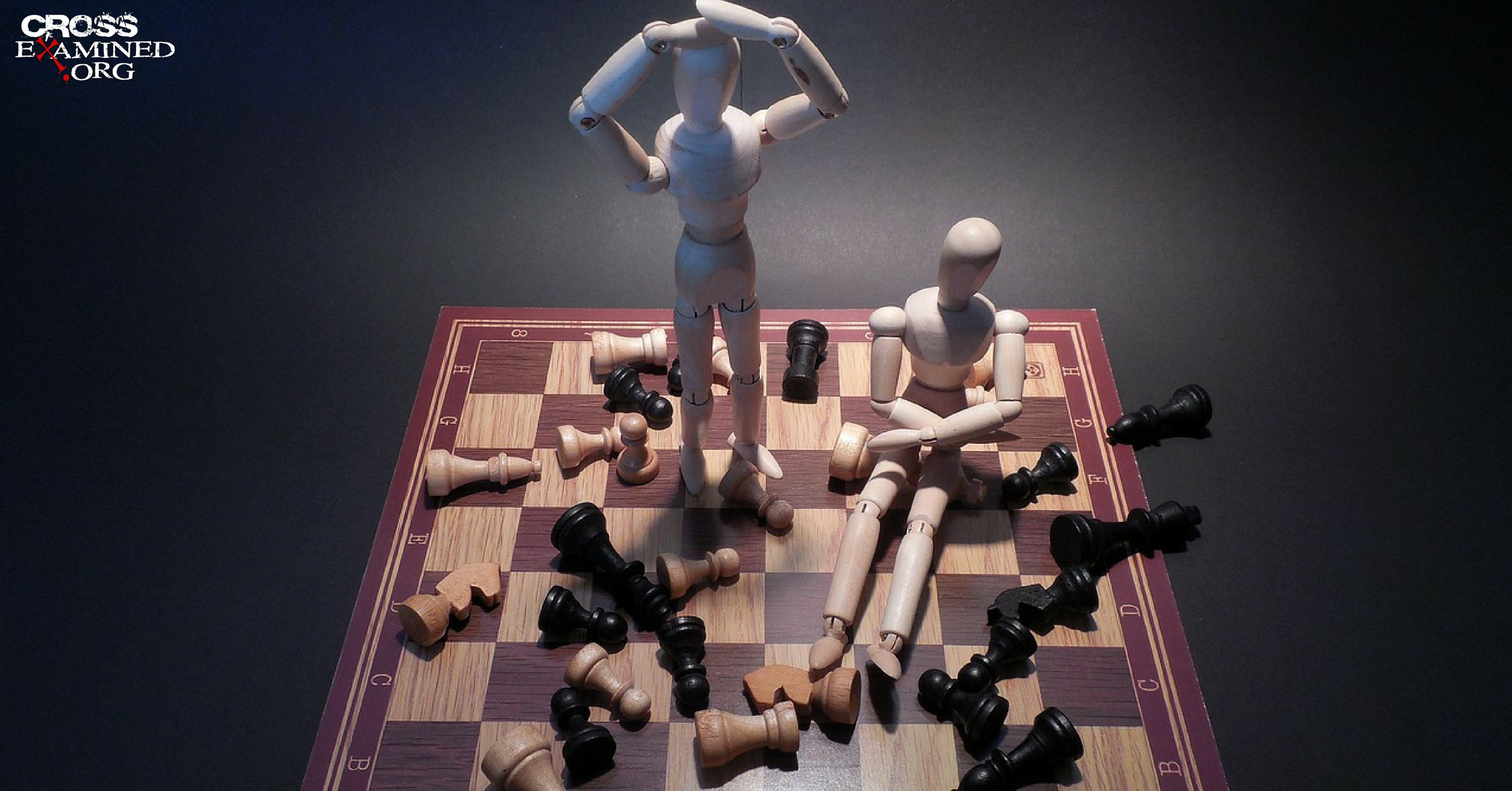I’ve been blogging about skyrocketing rates of sexually-transmitted-diseases for the last few years, and particularly how it impacts high-risk groups, e.g., men who have sex with men. The attitude that the culture is taking towards this is to not make any moral judgments, but someone is going to have to pay for all the health care that is required to “fix” this problem.
Fox News reports on the latest numbers:
Sexually-transmitted diseases continue to hit all-time highs in the U.S. with the Centers for Disease Control and Prevention (CDC) reporting a 10 percent spike for chlamydia, gonorrhea, and syphilis in 2017. The federal health agency said in a report released Tuesday that the numbers, which include nearly 2.3 million new cases of the aforementioned diseases, reflect a “steep, sustained increase” in STDs since 2013.
“We’re sliding backward,” Jonathan Mermin, director of CDC’s National Center for HIV/AIDS, Viral Hepatitis, STD and TB Prevention, said. “It is evident the systems that identify, treat and ultimately prevent STDs are strained to near-breaking point.”
The data, which was presented at the 2018 STD Prevention Conference, found a 67 percent increase in gonorrhea diagnoses, which officials sounded alarmed over due to the growing threat of untreatable strains.
The CDC gives us the numbers well enough, but like all government agencies, their attitude is not to tell the selfish adults to behave morally. They blame “stigma and discrimination” for the rise in STDs, and recommend more government as the solution. I.e., they think that people who disapprove of sex outside of marriage are to blame for the skyrocketing rates of STDs. If we all stopped making the irresponsible, reckless people feel bad with our ignorant moral judgments, then the STD problem would immediately be solved.
Anyway, here is an article that talks about untreatable strains of gonorrhea in particular:
Scientists have found a “superbug” strain of gonorrhea in Japan that is resistant to all recommended antibiotics and say it could transform a once easily treatable infection into a global public health threat.
The new strain of the sexually transmitted disease — called H041 — cannot be killed by any currently recommended treatments for gonorrhea, leaving doctors with no other option than to try medicines so far untested against the disease.
[…]Gonorrhea is a bacterial sexually transmitted infection and if left untreated can lead to pelvic inflammatory disease, ectopic pregnancy, and infertility in women.
British scientists said last year that there was a real risk of gonorrhea becoming a superbug — a bacteria that has mutated and become resistant to multiple classes of antibiotics — after increasing reports of gonorrhea drug resistance emerged in Hong Kong, China, Australia and other parts of Asia.
Now, I know it’s tempting (for some people who like tolerance) to say that we should let people do whatever they want to do, and not judge them. After all, we can just take some money from the wealthy in order to solve these problems without making anyone feel bad. I hear this a lot from the “don’t judge” crowd. But this time, it looks like no amount of money is going to solve this problem, and maybe the judgers were right to warn.
Syphilis is also a problem in certain high-risk groups:
The sometimes-deadly disease syphilis is exploding in the United States, with most of the increase since 1995 among men who have sex with men (MSM), according to a new report from the Atlanta-based Center for Disease Control (CDC).
As recently as 2000, researchers believed the total elimination of syphilis was within reach. The recent dramatic increases in infections, coupled with the observation that syphilis closely tracks with other diseases like AIDS, have the medical and scientific community deeply concerned. The CDC report considers “the increase in syphilis among MSM is a major public health concern.”
According to the report, “During 2005-2013, the number of primary and secondary syphilis cases reported each year in the United States nearly doubled, from 8,724 to 16,663; the annual rate increased from 2.9 to 5.3 cases per 100,000 population.”
The report also says that “men contributed an increasing proportion of cases, accounting for 91.1% of all primary and secondary syphilis cases in 2013.” Most of the increases came from men who have sex with men, which were responsible for 77% of cases in 2009 but 83.9% in 2012, what the report calls “the vast majority of male… syphilis cases.”
HIV is also a problem for this same group:
A fact sheet released at the end of June by the US Centers for Disease Control (CDC) warns that HIV rates, already at epidemic proportions, are continuing to climb steadily among men who have sex with men (MSM).
“Gay and bisexual men remain at the epicenter of the HIV/AIDS epidemic,” says Jonathan Mermin, the director of the CDC’s division of HIV/AIDS prevention.
The CDC notes that while homosexual men make up only a very small percentage of the male population (4%), MSM account for over three-quarters of all new HIV infections, and nearly two-thirds (63 percent) of all new infections in 2010 (29,800).
“Men who have sex with men remain the group most heavily affected by HIV in the United States,” the fact sheet states.
We do have certain segments of the population who think that normal sexuality means having sex with dozens, hundreds and even thousands of partners. Just on the grounds of “they’re hot.” And naturally, these people are at higher risk for STDs.
Original Blog Source: http://bit.ly/2wZZkSJ








